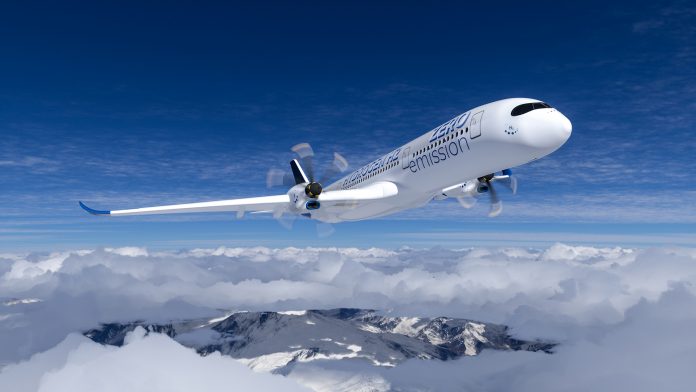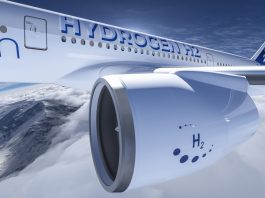Researchers from the University of California and the Center for International Climate Research have argued that the aviation industry’s current solutions to climate change are not doing enough.
The industry mainly relies on cleaner fuels and carbon offsetting, but findings show that this is not enough to bring the climate impact of aviation to zero. Currently, aviation generates around a billion tonnes of CO2 per year, and emissions from flights are currently rising by 2.5% each year.
Aviation’s impact on climate change is set to exceed that of its whole history, which dates back to the early 1900s, in the next three decades.
The researchers have said that experimentation and better understanding of how uncertainties in climate science and technology will affect aviation’s emission control strategies.
The aviation industry’s current approach to climate change
The International Civil Aviation Organization are currently trying to negotiate industry-wide solutions to climate change. They are currently focusing on cleaner forms of jet fuel and improving schemes to offset carbon emissions.
However, Stefan Kallbekken, from the Center for International Climate Research and David G Victor, from the University of California, say it would be difficult to produce sustainable fuel at a large-scale and that offsetting as a strategy for reaching net zero could lead to a dead end.
“It is no coincidence that these ideas are in focus, as they are the least disruptive to how the industry operates today. However, eliminating aviation’s impact on global warming cannot rely on status quo, it requires a more radical redesign of the industry. The longer it takes to reach that conclusion, the more difficult it will be to get there,” said Kallbekken.
Instead, they think the aviation industry should address climate impacts beyond CO2, such as contrail cirrus (condensation trails).
Kallbekken explained: “There is a big unknown in how the aviation industry affects climate, with the biggest wild card being cloud formation and contrail cirrus. Contrails are created as jet engines burn fuel, and some simulations warn that contrail cirrus might have greater effect on climate warming from aviation than CO2.”
How should the aviation industry approach net zero commitments?
The researchers, who are part of a project focusing on how aviation can contribute to a low-carbon society, proposed a number of steps that would give the aviation industry chance to match its net zero commitments.
They advised the industry to be more conscious of its current solutions to climate change. They have proposed that much more investment is needed into less viable options such as electric or hydrogen aircraft, which could prove to be effective strategies for reducing contrail cirrus formation and emissions.
They also called for governments to be more invested in response strategies, such as the search for cleaner and more scalable variants of fuel for aircraft.
Research concluded that when considering their proposed solutions to climate change, the aviation industry must conduct more research into the impact of contrail cirrus and chemical reactions on the climate.





